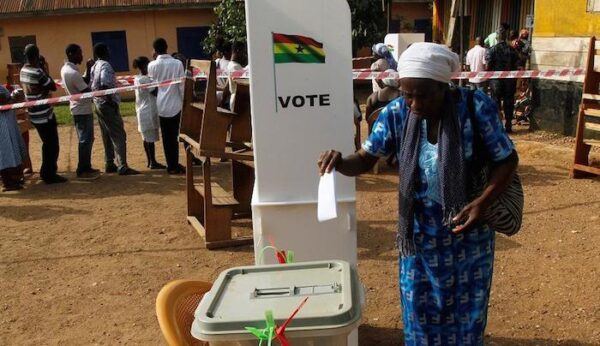Every parent has been there: a child refusing to do homework, showing little interest in school, or constantly glued to a screen.
The easy label is “lazy.” But what if it’s something deeper — something far more troubling and often missed?
Today’s children, especially in Ghana’s urban centers, are under immense pressure. Early morning classes, long hours at school, piles of homework, extracurriculars, and in many cases, household responsibilities.
For many, there’s barely time to breathe, let alone process the emotions and expectations weighing on them.
Mental fatigue in children is real, and it’s growing. But unlike physical tiredness, it doesn’t always show on the outside. It shows in disengagement, forgetfulness, irritability, or even rebellion. Sadly, instead of support, most children get scolded.
They’re called lazy, stubborn, ungrateful. But what they really need is rest, understanding, and sometimes, just a break.
And let’s not forget the emotional burdens kids silently carry — pressure to perform, fear of failure, comparison with others, and in some homes, witnessing family struggles.
Mental tiredness is not weakness. It’s an alarm bell, and calling it laziness only silences the cry for help.
So the next time your child seems “lazy,” pause. Ask what they’re feeling, not just what they’re doing. We teach children to work hard — but we rarely teach them how to rest and recharge. That needs to change.
Because in the end, a well-rested mind learns better, listens better, and lives better. And every child deserves that.
Source: NewsandVibes.com


